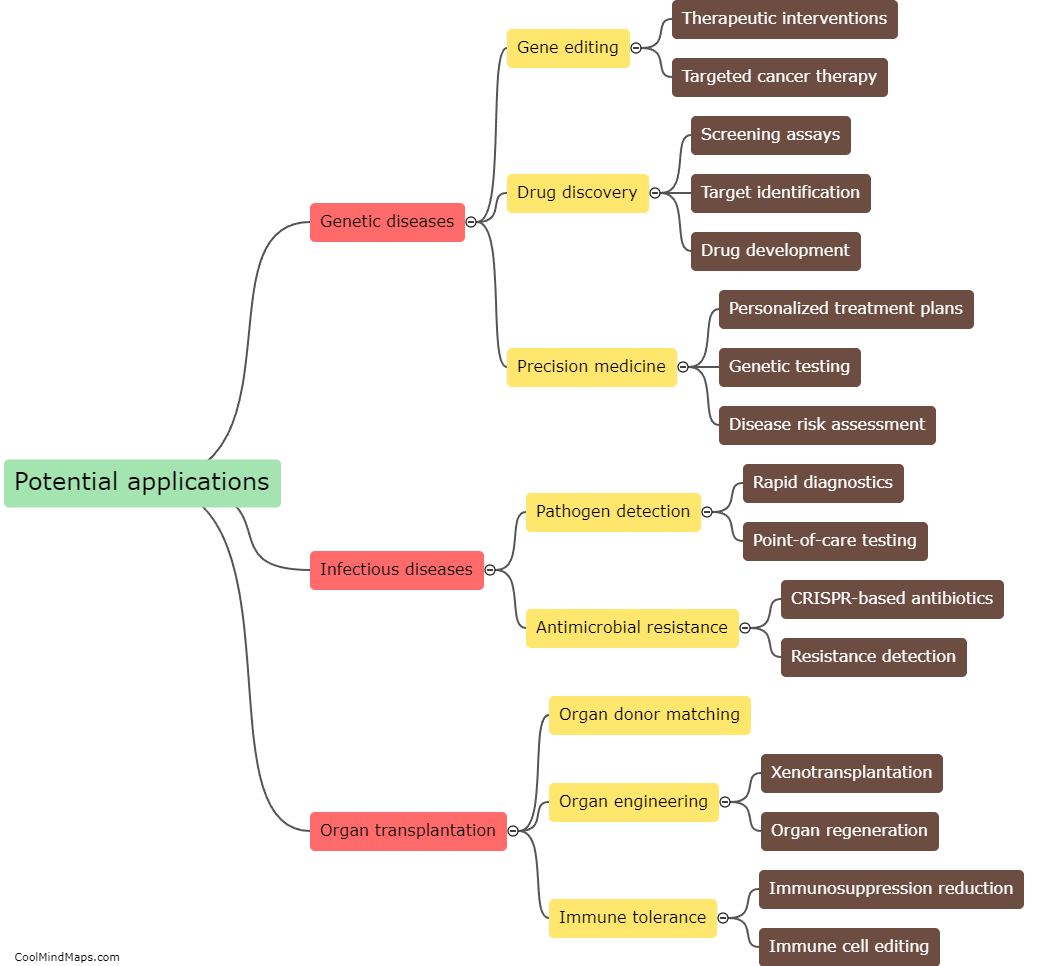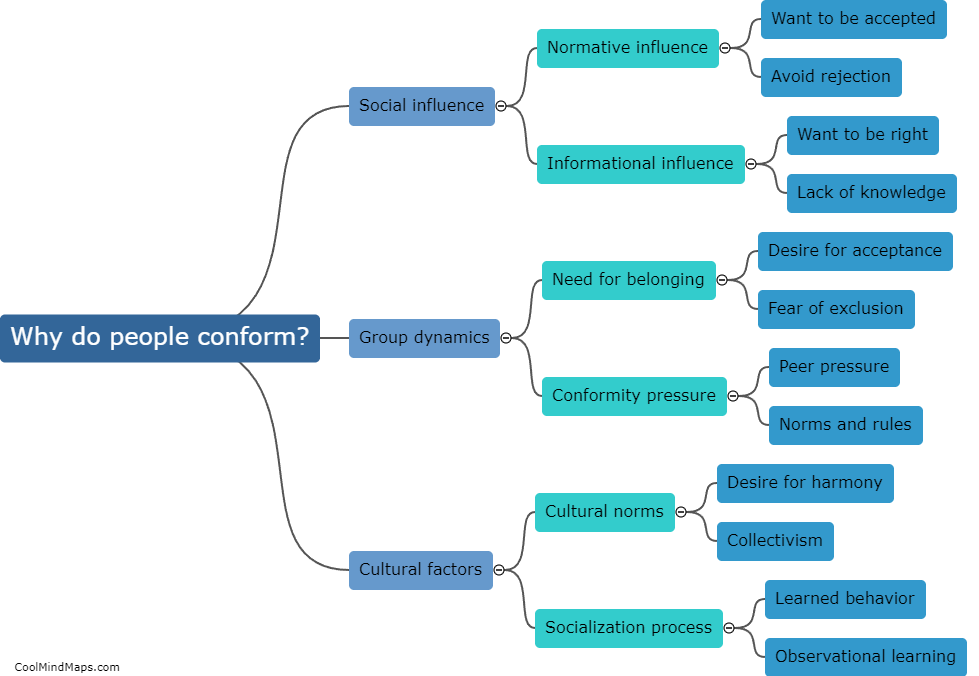What are the ethical implications of CRISPR/Cas system in medicine?
The CRISPR/Cas system has emerged as a powerful tool in medical research and has raised numerous ethical concerns. One of the primary ethical implications of CRISPR/Cas lies in its potential to modify the human germline, which could result in permanent changes being passed on to future generations. This raises significant ethical questions regarding the potential risks and unknown consequences of such modifications. Additionally, there are concerns about the equitable access to this technology, as it has the potential to exacerbate existing inequalities in healthcare. Moreover, the ability to edit genes raises ethical concerns related to enhancing human traits and creating "designer babies," leading to questions about the ethical boundaries of altering the human genome. Lastly, there is also the concern about the potential misuse of this technology, such as its application for non-medical purposes or in enhancing individuals without medical necessity. These ethical considerations require careful consideration and robust regulation to ensure that the use of the CRISPR/Cas system in medicine remains within the bounds of ethical practice.

This mind map was published on 19 September 2023 and has been viewed 84 times.











